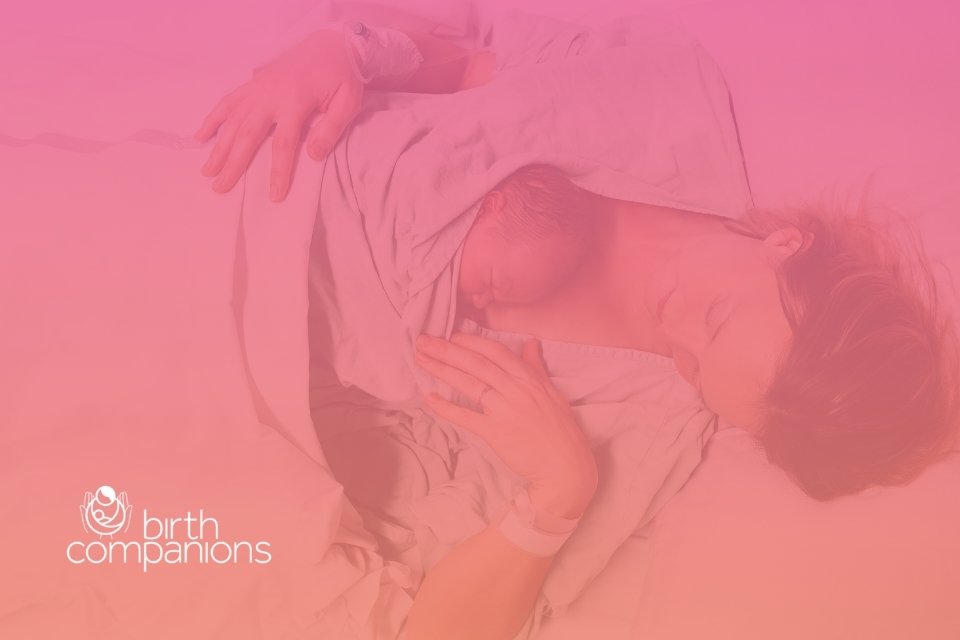In April, the Sentencing Council for England and Wales issued new guidance on sentencing pregnant and postnatal women to prison. Birth Companions is a national charity working to support perinatal women in the criminal justice system and Katherine Miller Brunton, Policy, Communications and Engagement Officer, reflects on this development.
__________________________________________________________________
Since 1996, Birth Companions has seen firsthand how dangerous prisons can be during pregnancy, birth and the postnatal period. We know that prison is not, and will never be, a safe or appropriate place for pregnant women and mothers of infants, and we have long campaigned to end the use of imprisonment for these women.
The tragic deaths of two babies in prisons in 2019 and 2020 prompted increased efforts to improve the care provided to pregnant women in custody, and led the NHS to categorise all pregnancies in prison as ‘high risk’ due to the nature of the custodial environment. Yet, until recently, any real changes to sentencing practice – to reduce the number of perinatal women entering prison in the first place – had been troublingly slow to materialise.
Thankfully, in March this year, we finally saw a breakthrough. The Sentencing Council for England and Wales – who create the guidance used by magistrates and Crown Court judges in sentencing decisions – announced that pregnancy, birth and the postnatal period would be introduced as a specific mitigating factor. This is a huge step forwards, and a clear acknowledgement of the significant risks the prison system poses to pregnant women, new mothers and their babies.
Birth Companions has long called for such a mitigating factor, and it received significant support during the Sentencing Council’s consultation. The new guidance was introduced on 1st April 2024, and states that sentencers should address a number of issues ‘when considering a custodial or community sentence for a pregnant or postnatal offender (someone who has given birth in the previous 12 months)’, including the effect of the sentence on the woman’s physical or mental health, and any effect of the sentence on the baby.
While it is disappointing that the Council has limited this new factor to 12 months postnatal, specific reference is also made in the accompanying details to the harmful impacts of separating a mother and child in the first two years of life. We hope that with further training and support on addressing the needs of pregnant women and mothers of infants, sentencers will consider the wider impacts of their decisions, beyond the first year of a child’s life.
The Sentencing Council has sent a powerful signal with this move, and we hope that sentencers across the country will take heed. However, guidance alone will not be enough to keep women and babies safe. We urgently need concrete policy and sentencing law reform.
It is important to remember, too, that there are many perinatal women in UK prisons who have not yet been sentenced. Recent data show that nearly three quarters of women who enter prison on remand do not go on to receive a custodial sentence, and it is estimated that over a third of pregnant women in prison are being held on remand, awaiting trial. The Sentencing Council has no jurisdiction over the use of remand, so while this new mitigating factor sets us in the right direction, it is far from a complete answer.
Ending the use of prison for all perinatal women, be that through sentencing, remand or recall, is not a radical position. Birth Companions will continue to campaign for an end to the imprisonment of pregnant women and mothers of babies in all but the most exceptional of circumstances.
Katherine Miller Brunton is the Policy, Communications and Engagement Officer at Birth Companions, a national charity specialising in the needs and experiences of pregnant women and mothers of infants in the criminal justice system. It works with women in prisons around the country, and those under probation supervision across London and the South East. www.birthcompanions.org.uk
June 2024


